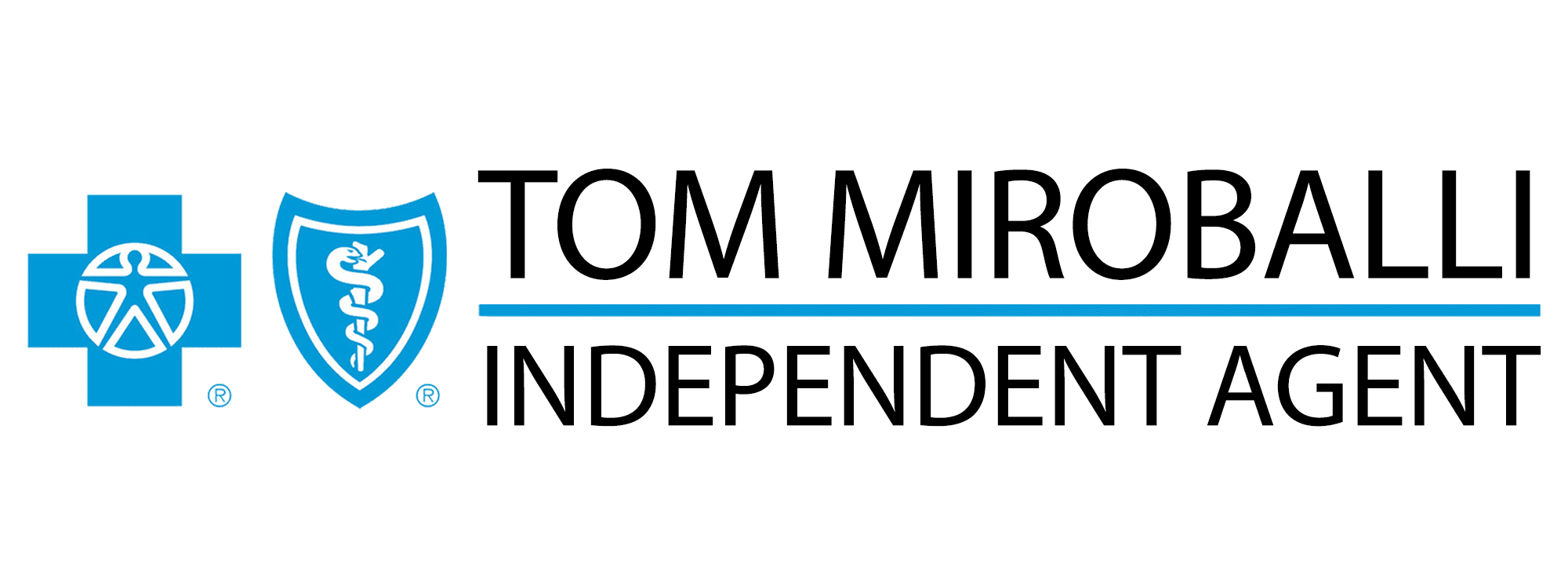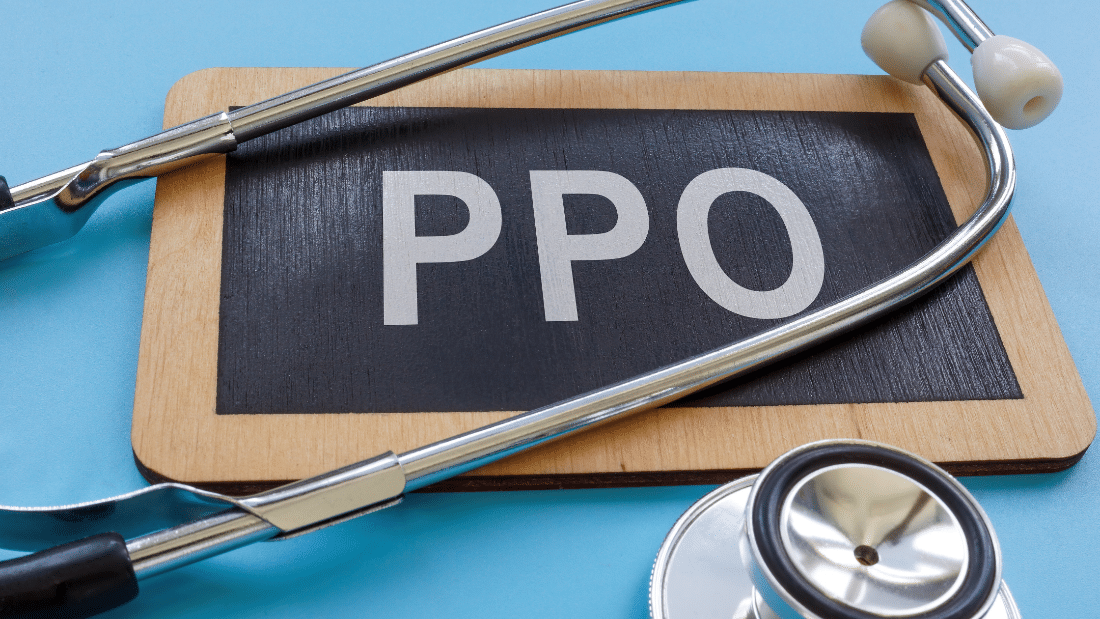As the open enrollment period approaches, it marks a critical time for individuals and families to make vital decisions about their healthcare coverage. This annual opportunity allows us to review and change our health insurance, dental plans, vision coverage, retirement contributions, and more. With various options and information to consider, navigating the open enrollment period can seem overwhelming. In this guide, we will break down the complexities of the open enrollment period for you.
Health Insurance
- Changes in Plan Provisions: Check for any modifications to your plan’s provisions or options that might have occurred during the year. Review the plan costs, including premiums, deductibles, out-of-pocket expenses, and copays.
- Anticipated Medical Needs: Assess how frequently you and your family might need to visit a doctor or face significant medical expenses in the coming year.
- Family Additions: If there are any new family members, such as a baby or spouse, ensure that your plan accommodates their needs.
- In-Network Providers: Confirm if your preferred doctors and hospitals are still in-network providers for your plan to avoid unexpected costs.
- Prescription Coverage: Determine whether you require prescription coverage and if your current plan adequately addresses this need.
- Health Changes: Reflect on any changes in your health during the year or anticipate any upcoming health-related events, such as new chronic conditions, pregnancies, or surgeries.
Dental Insurance
Consider your dental needs and habits. A basic plan may suffice if you regularly visit the dentist for preventative care. However, if complex procedures like root canals or oral surgeries are on the horizon, opting for more comprehensive coverage is wise.
Vision Insurance
Be aware of the two primary types of vision plans available:
- Vision Discount Plans: These plans typically come with lower premiums but provide only a percentage discount on services from eligible providers.
- Vision Benefit Plans: Operating like traditional health insurance, you pay a premium for coverage. Some plans also offer allowances to help cover the costs of eyeglasses.
Flexible Savings Accounts (FSAs)
In 2023, participants can contribute up to $3,050 to an FSA, providing coverage for individual and dependent medical expenses. You’ll elect your FSA contribution during the open enrollment period, which remains fixed throughout the year unless a qualifying life event occurs.
Remember that any remaining balance in the FSA at year-end is typically forfeited, though employers may allow up to $610 to roll over to the next plan year or offer a two-and-a-half-month grace period.
Health Savings Accounts (HSAs)
For 2023, the HSA contribution limit is $3,850 for individuals and $7,750 for families. If you are 55 or older, you are eligible for an additional $1,000 catch-up contribution. Some employers may also contribute to your HSA, assisting with medical expenses.
A key benefit of HSAs is that contributions can roll over yearly, empowering you to accumulate funds over time. This accumulated balance can even be utilized to cover medical expenses during retirement. However, an important caveat is that you must be enrolled in a high-deductible health insurance plan to qualify for an HSA.
Retirement Plan
Evaluate your current contribution levels to determine if you’re on track to receive the full employer match. If not, it’s time to consider a boost. Even if you are already eligible for the maximum employer match, consider increasing your contributions by 1% to 2%. You’ll hardly notice the impact on your take-home pay, yet these seemingly minor adjustments can wield significant benefits, fostering substantial growth in your retirement savings over time.
Other Types of Insurance
Take a moment to review other insurance options provided by your employer, such as life, disability, and accidental death and dismemberment policies. Ensuring adequate coverage can grant your loved ones financial security and peace of mind should the unexpected arise.
Beneficiaries
Reassess and modify your beneficiary designations. This step becomes particularly crucial if you’ve recently encountered a significant life event, such as the birth of a child, marriage, or divorce.
Tom Miroballi, Independent BCBS Agent, will help you evaluate and select the right insurance package to make your healthcare work for you. Before signing up, Tom will explain the terms, rules, or whether the plan will cover something.
Affordable health insurance is just one call away! Give Tom a call at 630-863-3477 or email him today!
Sources:
https://www.irs.gov/pub/irs-drop/rp-22-24.pdf
https://creativeplanning.com/insights/financial-planning/navigating-open-enrollment/






